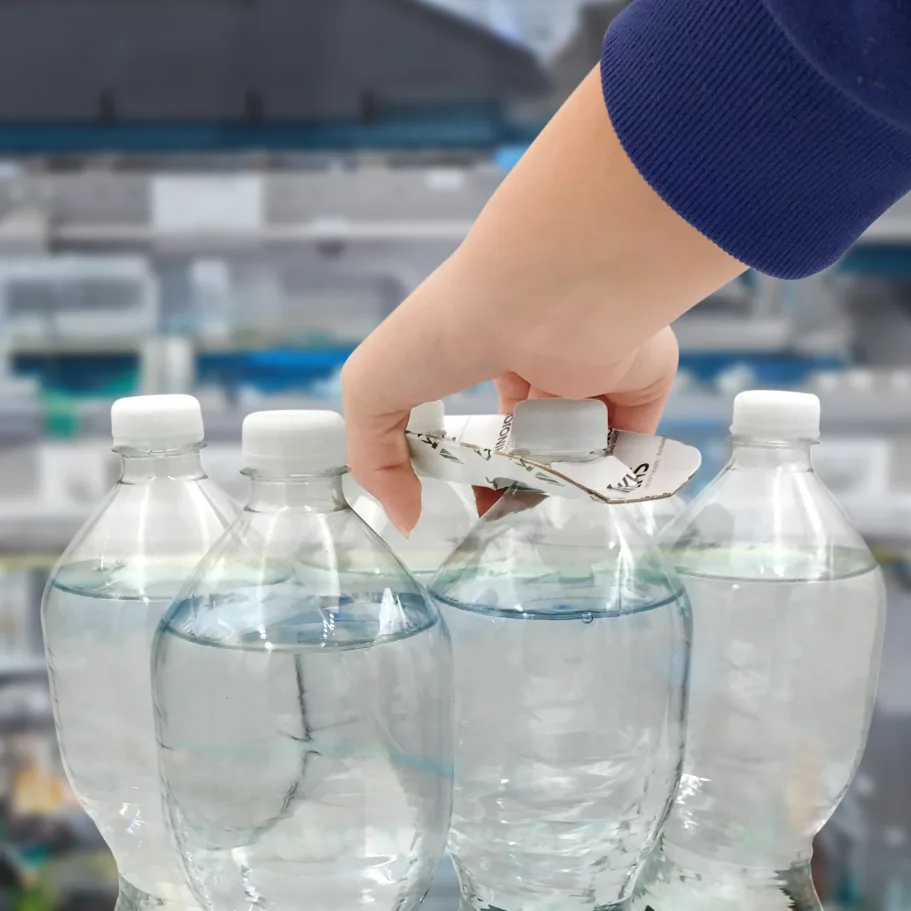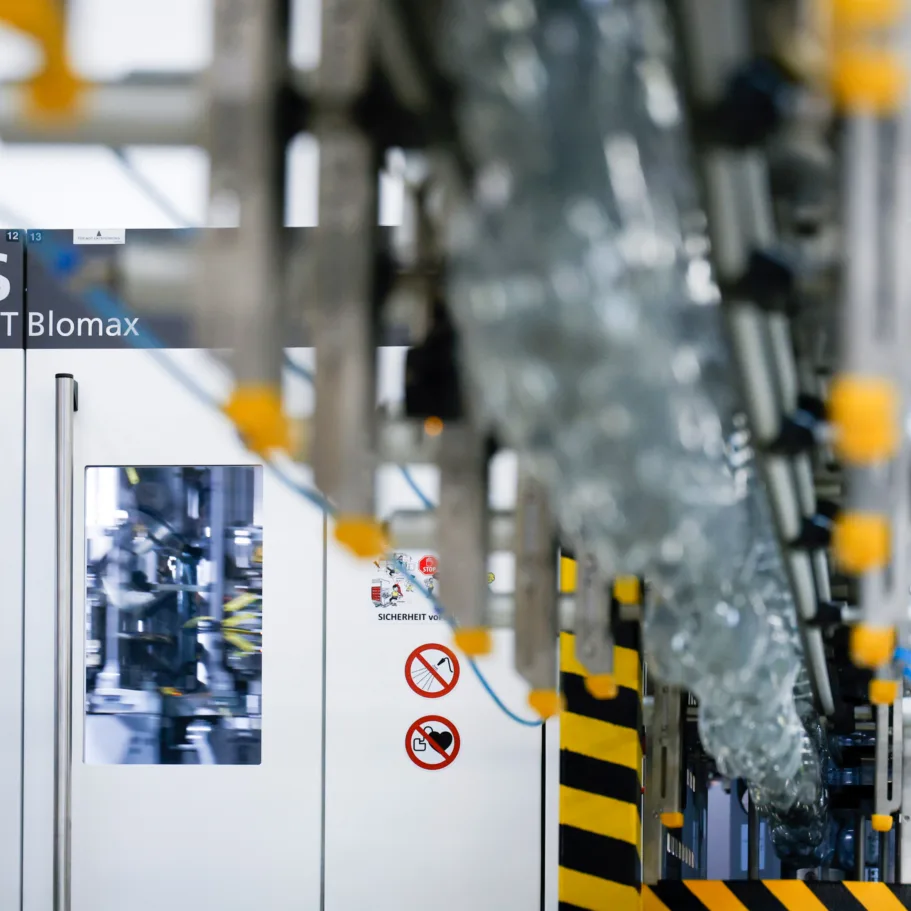
Sustainably transparent
KHS increases its voluntary sustainability reporting, with its sustainability strategy placing special focus on climate protection alongside topics such as governance, product responsibility and social issues.
“We came a good step further in 2024,” says Nicole Pohl, senior ESG manager and human rights officer at KHS. “On the one hand, the Science-Based Targets initiative (SBTi) validated the Group’s greenhouse gas reduction targets. On the other, we’ve derived concrete measures from these to achieve our milestones. The new KHS sustainability report for 2024 reflects this in a transparent and comprehensible manner.”
Prepared for challenges
With its voluntary report, KHS has pre-empted increasing regulation at European and international level for ten years now. “Here at KHS, we take the approach of preparing for new challenges well in advance,” explains Pohl. This currently means that the company is already bringing its publication into line with the Corporate Sustainability Reporting Directive (CSRD) and its requirements governing non-financial reporting. “The specific points we’re constantly improving on include GRI/ESRS indexing, plus the addition of new chapters and KPIs.” The Salzgitter Group’s reporting obligation is also a major aspect here.
“Our voluntary, high-quality sustainability report presents our ambitious targets and actions in a transparent and comprehensible manner.”

senior ESG manager and KHS human rights officer
Net zero by 2050
One central topic is the protection of our climate. For its Technology Business Unit, that primarily consists of the KHS Group, Salzgitter AG's climate goals envisage a reduction of around 36% in Scope 1 and 2 emissions and of approximately 20% in Scope 3 emissions by 2028. The Group-wide net zero target is to be reached by 2045 for Scopes 1 and 2 and by 2050 for Scope 3. In this context, KHS has defined an ambitious decarbonization path and begun implementing this.
Sustainable technology and services
With respect to product responsibility, the sustainability report quotes plenty of examples showing how innovative technologies, digital tools, upgrades and services permit beverage producers to significantly cut their resource and energy consumption and lengthen the life cycles of their machinery. At the other end of the chain, consumers profit from KHS systems and solutions that require less and less packaging material and are fully recyclable.
“For us, sustainability isn’t an individual project but an integral part of our corporate responsibility and strategy for the future.”

CEO of KHS
Group-wide transparency
The mechanical engineering company will continue to focus on transparency in the future, too; in order to comprehensively document the sustainability activities in place throughout the entire KHS Group, data is now being collected from all 40 international sites based on the materiality analysis carried out within the Group. From 2026, KHS is aiming for conformity of its non-financial figures across the last three reporting years.
“For us, sustainability isn’t an individual project but an integral part of our corporate responsibility and strategy for the future,” emphasizes Kai Acker, CEO of KHS. “We specifically invest in sustainable technology and set ourselves ambitious, verifiable targets. Only by doing so can we generate genuine added value for the environment, society and our customers.”



